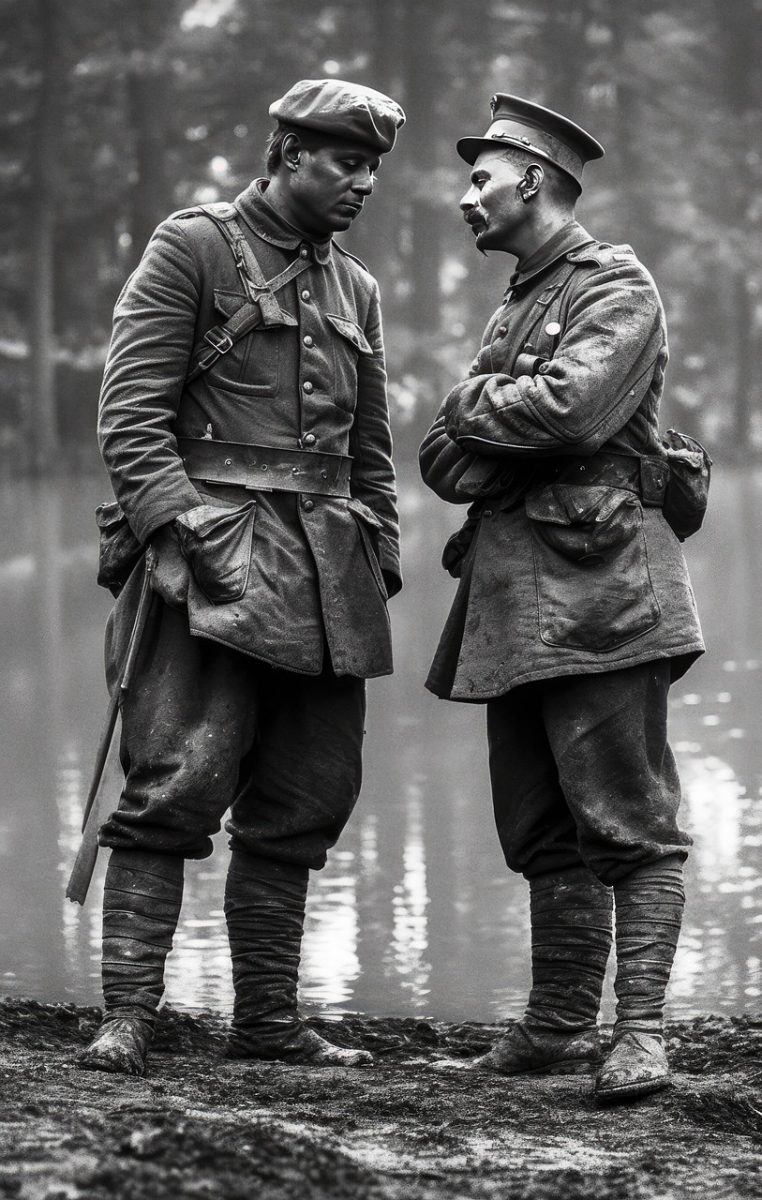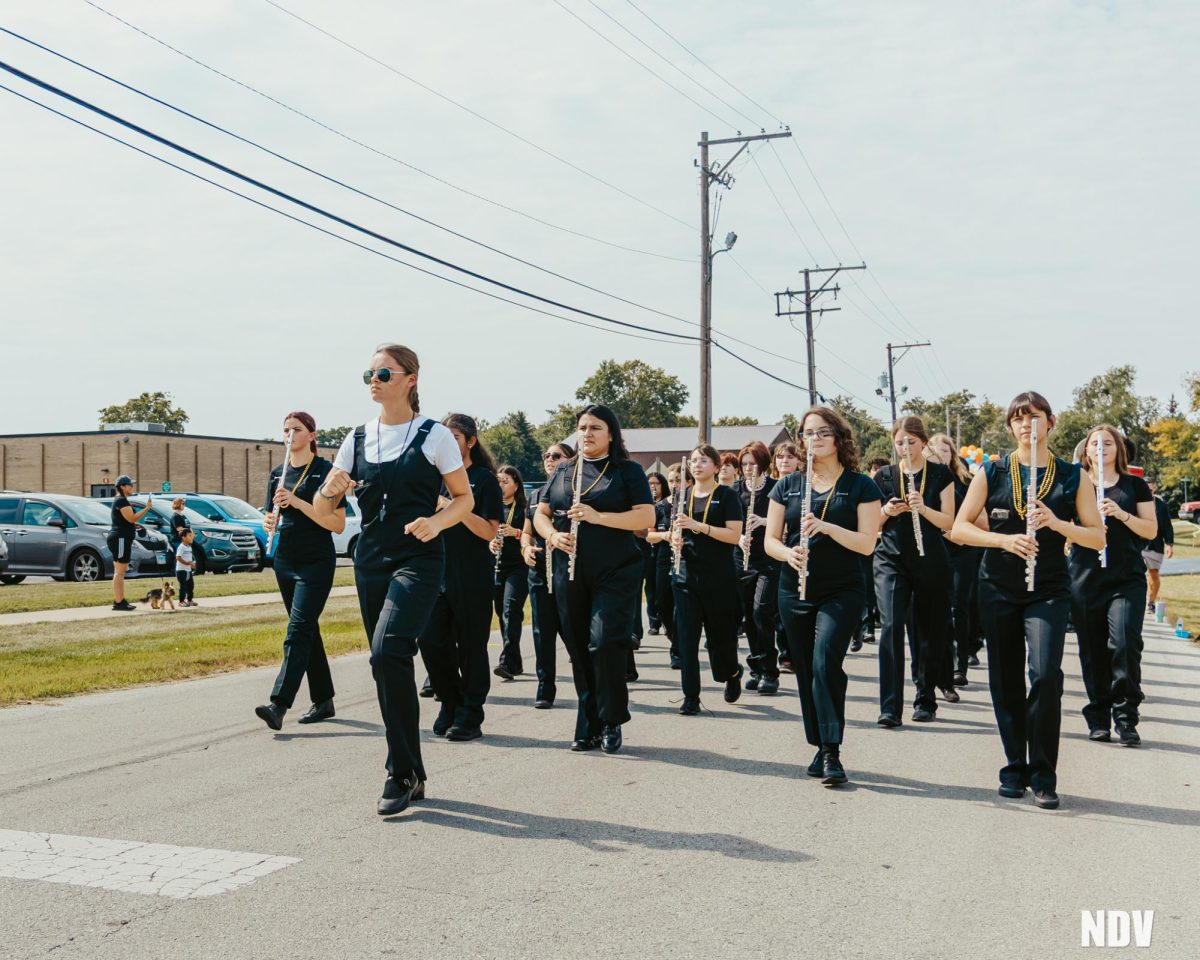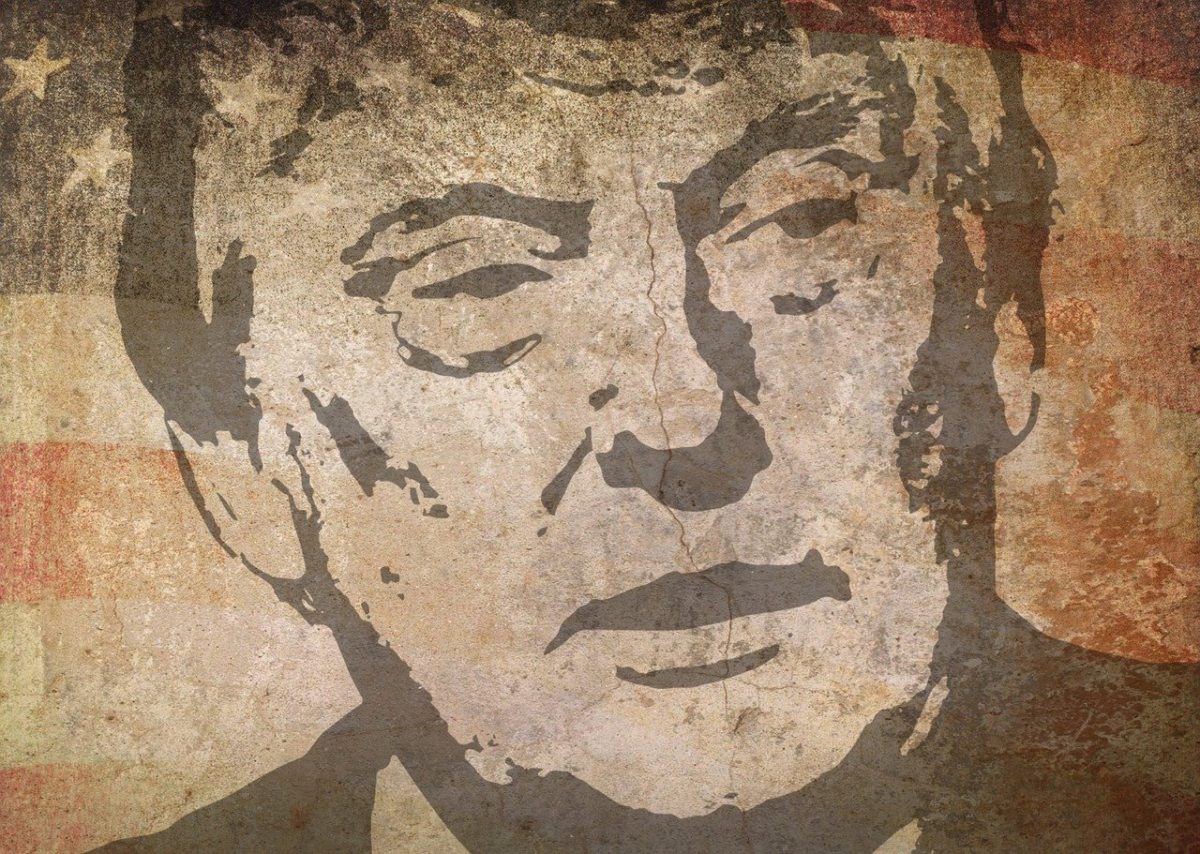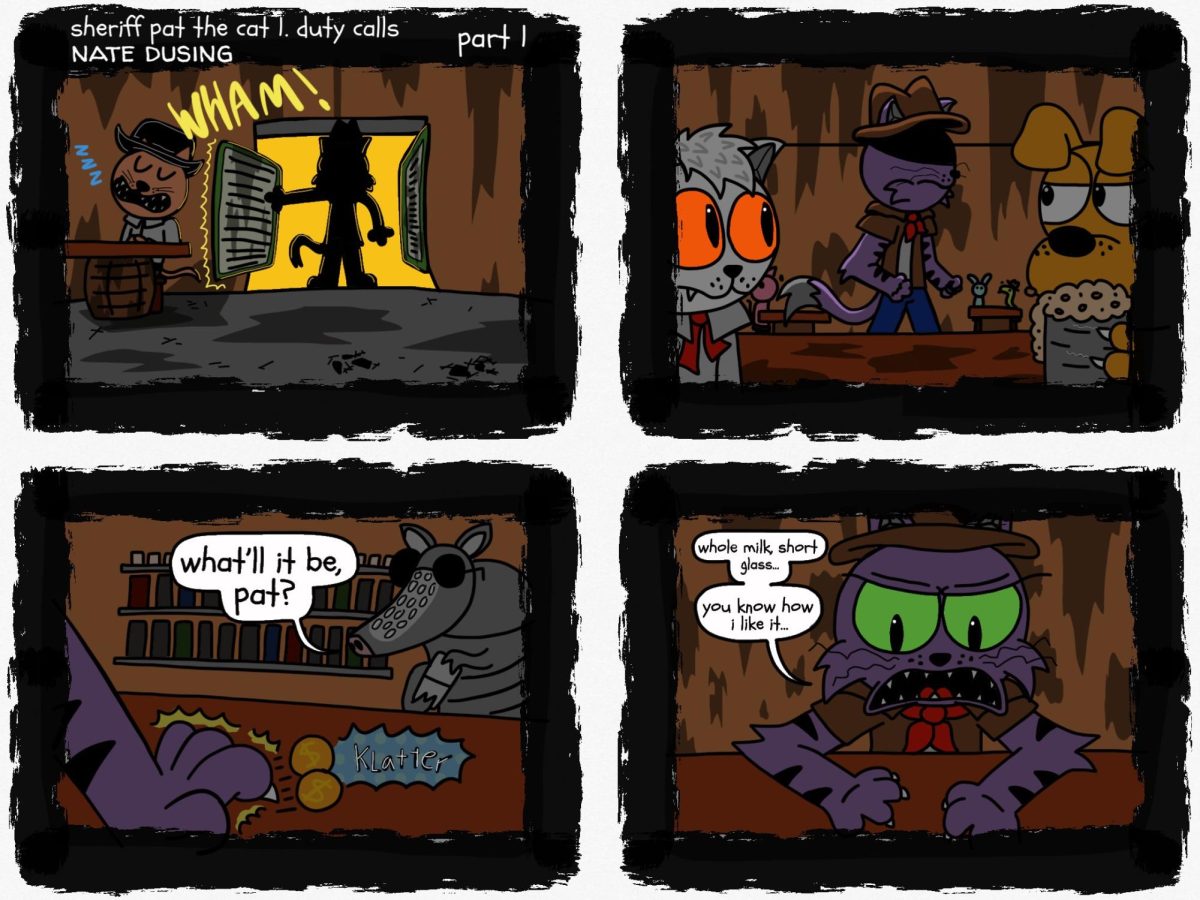Historians often ask why World War I started. Was it really because of Archduke Franz Ferdinand’s assassination–or because of something much deeper, a powder keg ready to explode? If we look back, it was much more than a political assassination. It was indeed a powder keg, and another event might have set it off, anyway.
Looking back to before the war, tensions were already very high. The Triple Entente (Britain, France, and Russia) was militarizing, and so was the Triple Alliance (Germany, Austria-Hungary, and Italy). But why were they preparing for war in the first place? It was because of the threat of invasion. Some decades before, the Franco-Prussian war had seen a decisive Prussian victory. Under Prussian leadership, Germany emerged as a nation; meanwhile, France’s government fell, and the country lost a lot of land. There were other factors, too. At the Berlin Conference, the Germans received fewer colonies than they had hoped for; in the Balkans, wars over territory took place in an atmosphere of extreme nationalism.
In hindsight, if Europe took measures to prevent excessive militarization several decades earlier, it might have prevented a large-scale war. However, if an Austro-Hungarian archduke hadn’t been assassinated, the war would still likely have happened.












